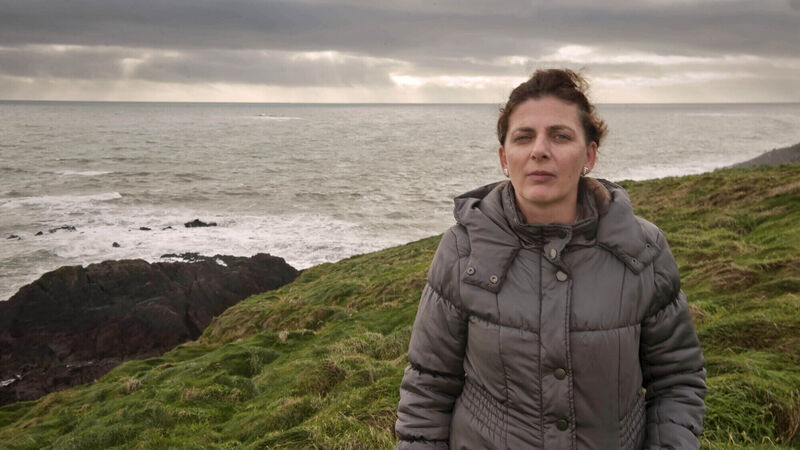Una Butler: 'How many more children have to die at the hands of parents with mental illness?'

Una Butler has been campaigning since her husband, John, killed his daughters in 2010 for changes in the law to allow for a greater role for spouses, partners or close family members in the care regime of family members suffering from mental ill health. Photo: Michael Mac Sweeney/Provision
A woman whose husband killed their daughters before taking his own life has pleaded again for reforms to ensure family involvement in the care of people with mental health issues.
“How many more children have to die at the hands of parents with mental illness?” Una Butler asked.










